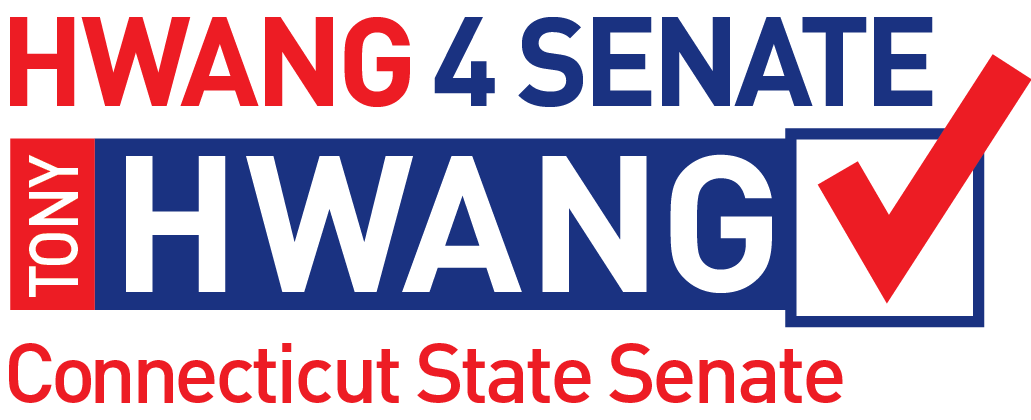Support grows for association health plans as small employer insurance costs soar
By Harriet Jones
Hartford Business Journal Contributor
ConnectiCare’s recent exit from the state’s fully insured small group health insurance market may have given new impetus to an old idea that’s previously hit serious opposition at the state Capitol: association health plans.
“It’s basically a way for similar groups to band together to get more leverage or buying power in the marketplace,” said broker Jeff Hogan, president of Farmington-based Upside Health Advisers.
Those similar groups could be small businesses or nonprofits that are struggling to find affordable fully insured plans.
Hogan said being allowed to pool their risk into a bigger entity for insurance purposes gives them the kind of marketplace leverage that large employers have when they self-fund their own insurance plans.
“Any type of financing mechanism that gives small employers buying power, and more importantly, their members plan design options or choices in the marketplace, is a good thing,” he said.
Association health plans were common in the 1990s and early 2000s, but the advent of the Affordable Care Act changed the federal landscape, making it more difficult for new ones to be formed.
An attempt by the Trump administration to loosen regulations in 2018 was later struck down in the courts. Connecticut, at that time, declined to change its regulations to accommodate the plans because of widespread concerns that they have been subject to abuse by unscrupulous actors.
Currently only a handful of states have regulatory regimes that allow for AHPs, but that number is growing, and an increasing number of people in Connecticut think this state should be next.
In fact, the concept has already been raised this session by the legislature’s Insurance and Real Estate Committee.
One proposal — unveiled by state Sen. Tony Hwang (R-Fairfield), a ranking member of the Insurance and Real Estate Committee — would allow associations of a certain membership size and duration of existence to pool together to jointly purchase large group health insurance plans directly from a carrier.
It would also allow associations of larger membership size to pool together to create a trust that would fund a self-insured plan for the association’s members, run by a third-party administrator.
The plans would be subject to the same state and federal rules, regulations and coverage mandates that exist in the current fully-insured market, Hwang said.
“This is a common sense and effective solution to make health insurance more affordable and accessible for our small businesses,” he said.
Committee member Rep. Tom Delnicki (R-South Windsor) said the time is right for the state to allow association health plans.
“We need to have this discussion and we need to take some action,” Delnicki said. “Association plans by their very nature save the members of the association money because it cuts out one of the middlemen. And it provides the association an opportunity to be the masters of their destiny on the type of coverage they want to provide.”
Key change
While championing association plans has traditionally been the purview of Republicans, the idea also has some bipartisan support.
“I’m really passionate about it,” said Insurance and Real Estate Committee co-chair Rep. Kerry Wood (D-Rocky Hill), adding, “I’m really going to be pushing it hard this year.”
She said ConnectiCare’s decision to stop offering fully insured small group plans was a key change, coming on the heels of Harvard Pilgrim’s exit from the same market.
“To have this company — both companies — leave the small group market was really scary to me,” she said. “People want to be able to provide health coverage in this market, but the options are getting fewer and fewer.”
She said she’s confident the bill language can address the concerns of critics who say forming an association health plan is an invitation to fraud, or simply a way to cut costs by providing only minimal coverage for employees.
“We would make sure that the plan design would include mandates so that they are playing on equal ground,” Wood said. “We have the ability to make sure those plans move forward under the guidelines that are important to our values here in Connecticut.”
It’s not the first time a bill on association health plans has come before the committee. It was last raised in 2021, got a public hearing, but failed to pass.
Wood said she believes at that time the focus from her party’s leadership was on a different solution to help small businesses.
“The public option was taking a lot of air out of those discussions,” she said.
It’s still not clear if that public option discussion will return this session.
“I think the small group market has reached an inflection point,” said Wyatt Bosworth, a lobbyist for the Connecticut Business & Industry Association, one of the revived bill’s key backers. “That’s highlighted by the fact that small businesses are struggling right now to find workers. We have a massive workforce shortage in this state, so the benefit packages that businesses are able to offer are becoming more and more important.”
He said he’s excited about the possibilities that association health plans hold for small employers.
“Large employers have the scale to negotiate better prices and plan designs with their insurance carriers,” he said. “By allowing small businesses to band together and get large group status, the block can operate as an active purchaser. They could implement value-based benefit design. They could design a wellness plan that is comprehensive and meets the demands of their pool. They have greater flexibility in plan design. They have administrative efficiencies.”
The post “A common sense solution to make health insurance more affordable and accessible for CT small businesses” appeared first on Connecticut Senate Republicans.

